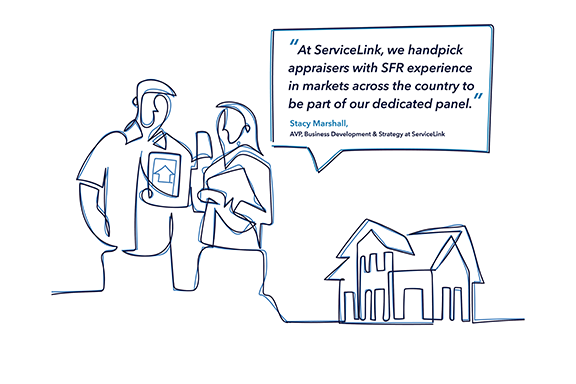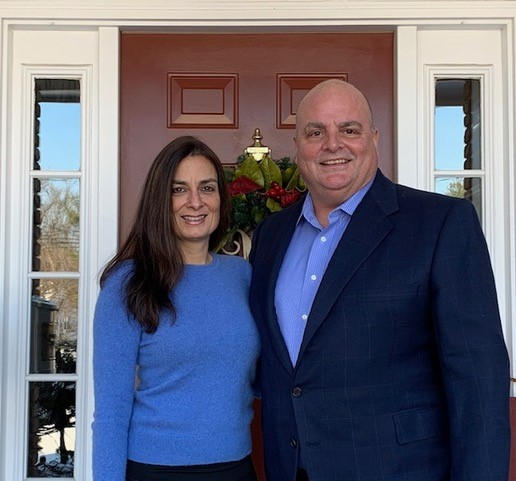ServiceLink
Scaling Your Residential Real Estate Portfolio Through SFR Properties 2021 could be the ideal year for investing in SFR properties. Here’s where to find the support you need to grow your residential property portfolio. “More U.S. households are renting than in any point in 50 years.” When Pew Research Center made headlines with its analysis of Census Bureau Housing Data on renting versus homeownership in 2017, the broader public was
Read More










